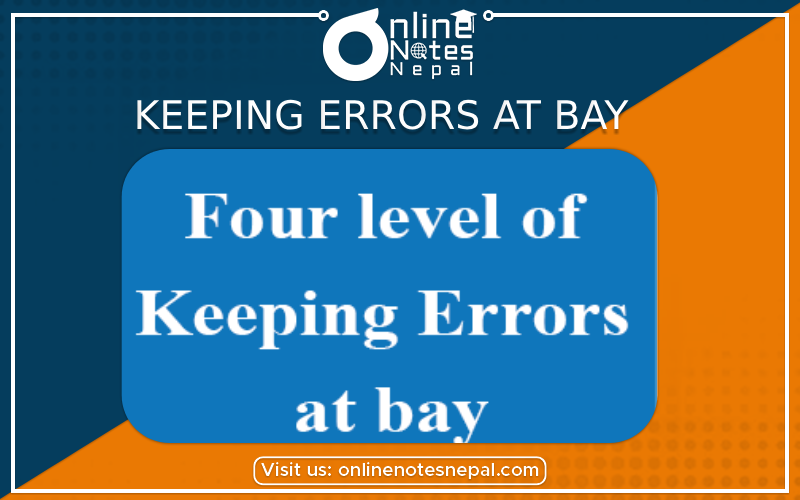Published by: Dikshya
Published date: 04 Jul 2023

1. Literal Comprehension:
This essay by Bertrand Russell offers numerous illustrations of errors that humans frequently make in day-to-day living. His main goal is to offer advice on how to steer clear blunders. This essay discusses the topic of preventing mistakes that occur in real-world scenarios. By looking at the relevant facts, we may eliminate many absurd opinions. We must contrast our theories with those of others when making observations ia not possible. There won't be any erroneous interpretation if there is evidence and knowledge. Travelling and learning about other culture's societies also aids in purification of our own viewpoints. We become less dogmatic when we are aware of alternative viewpoints.
If we have a biassed opinion, we won't be able to discern the truth snd will instead emphasizes our own advantages. A barrier to discovering the truth or reality is created by many forms of fera and prejudice. So, while we labour, we need use extreme caution. Without careful observation, we shouldn't assume anything.
2. Interpretation:
While making mistakes is human, but doing them is not excused. It is not human to commit faults willfully or after being aware of them. This also carries some punishment. Truth cannot be discovered without appropriate comprehension. The purpose of the essay is to explain whi it is impossible for people to see the truth. They fail to recognise the issue. Despite their lack of thorough knowlwdge, they believe they are experts in everything. It claims that although we occasionally make mistakes, we never compare our ideas to those of others. We arrogantly feel superior and overlook things. As a result, wedo wrong or commit crimes. This is human, but to intentionally make a mistake is not human. Errors can be fixed, but you shouldn't do it on purpose.
3. Critical Thinking:
- Is it really not human to make mistake? Doesn't everyone make error?
- Is observation possible for every situations?
- How can we say others have accurate ideas?
4. Assimilation:
After reading the text, I got to know how to prevent ouself from making unwanted and foolish errors. Iwill now observe and compare ideas with others before telling anything to people.